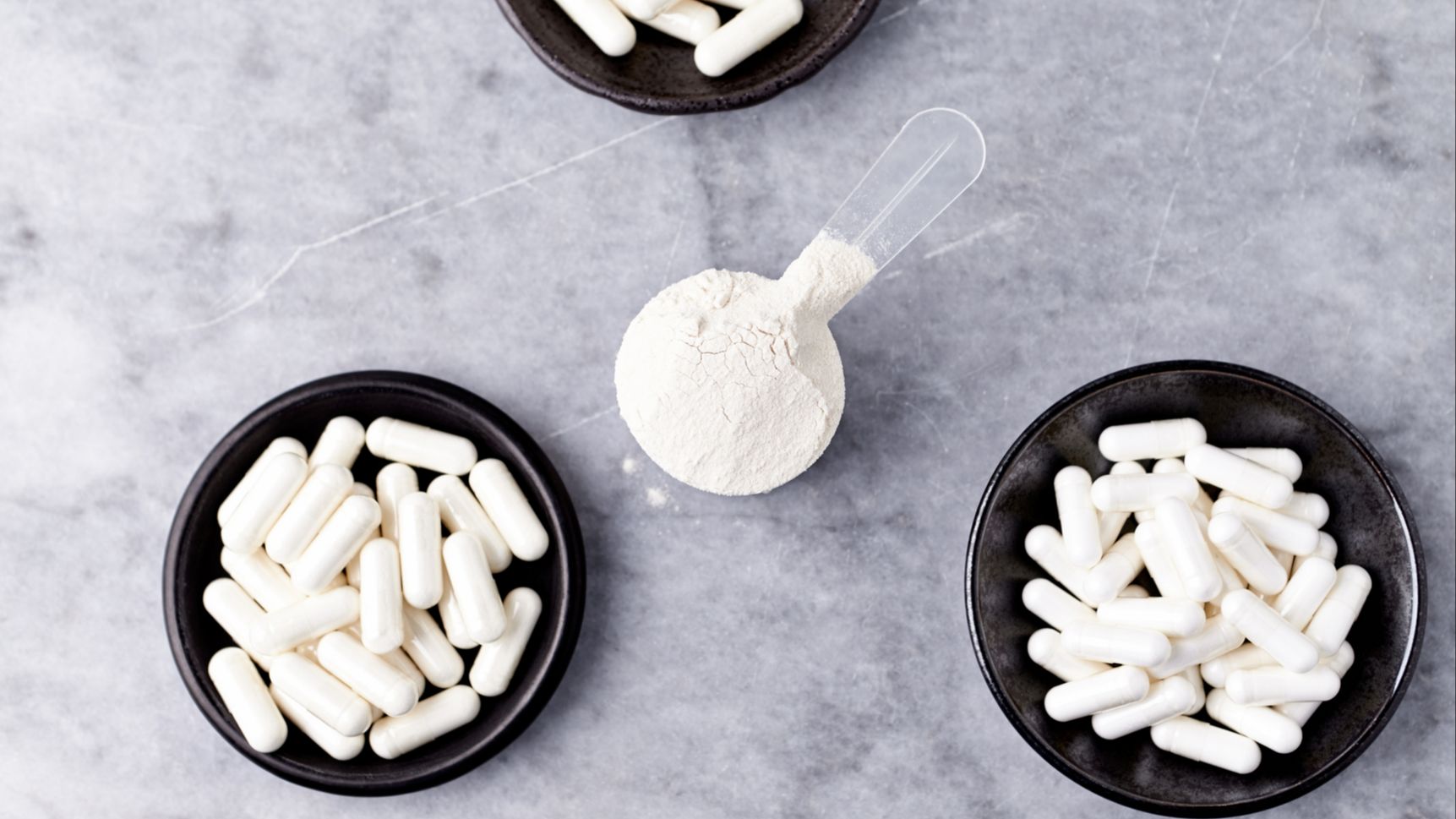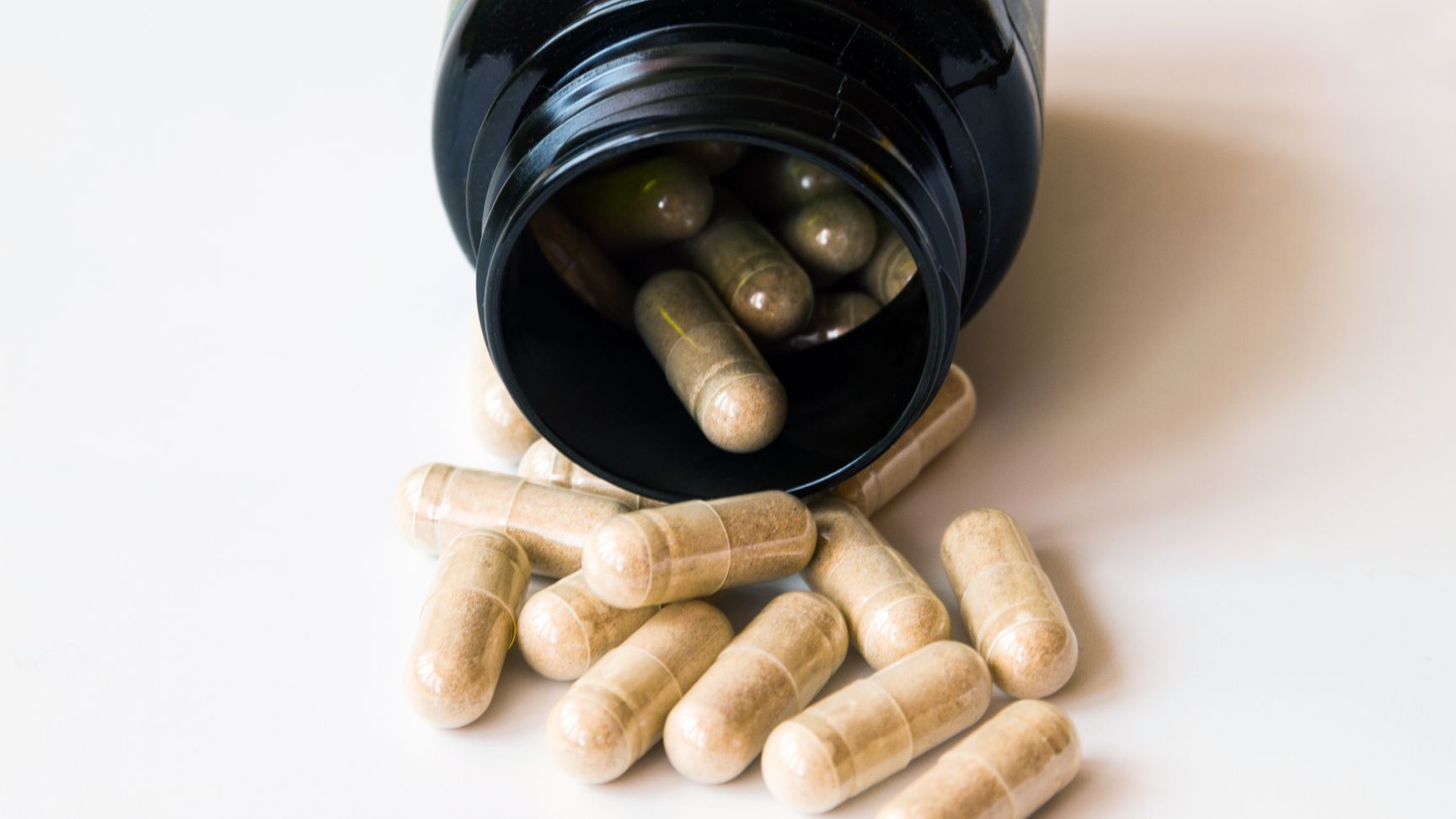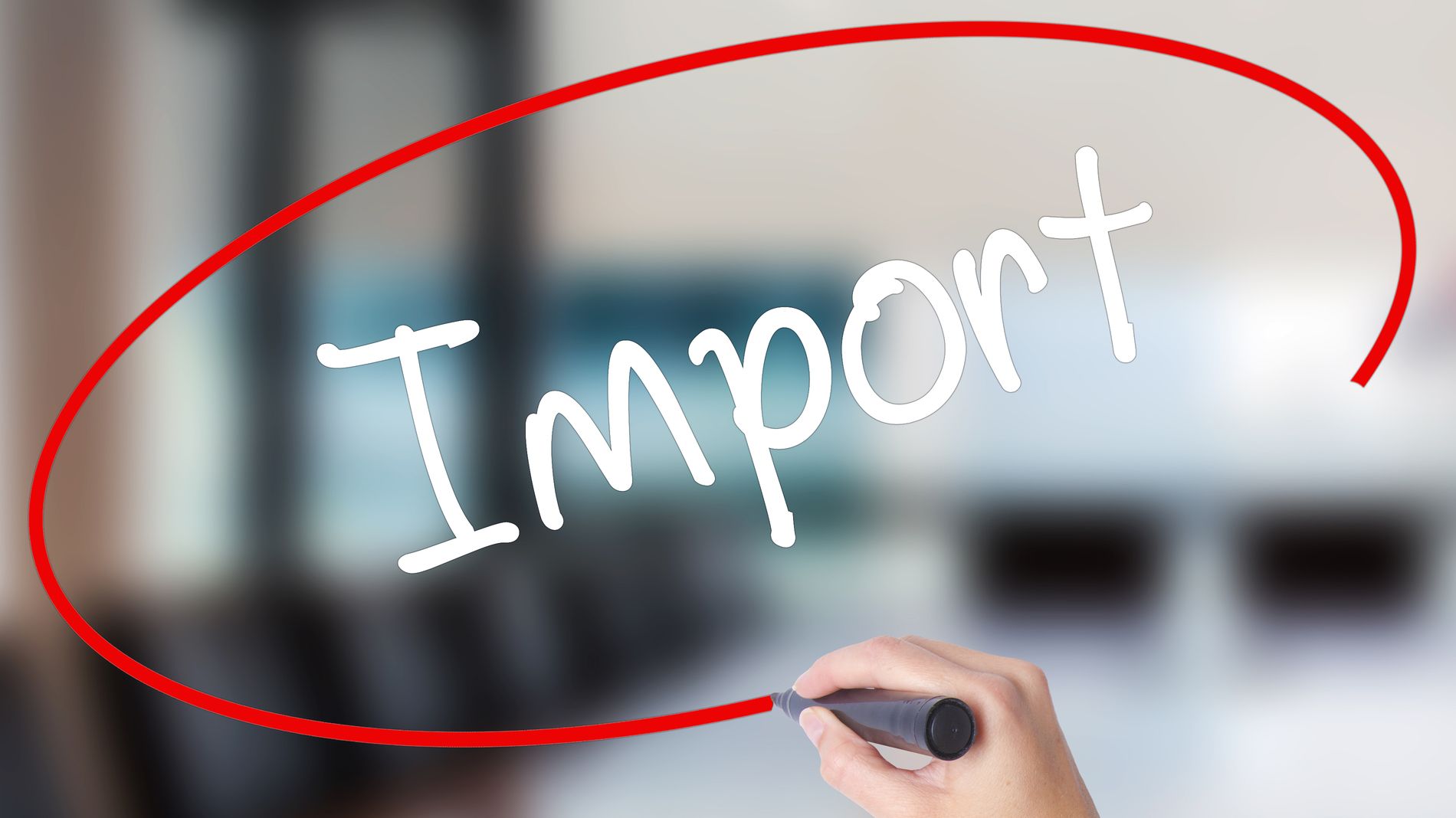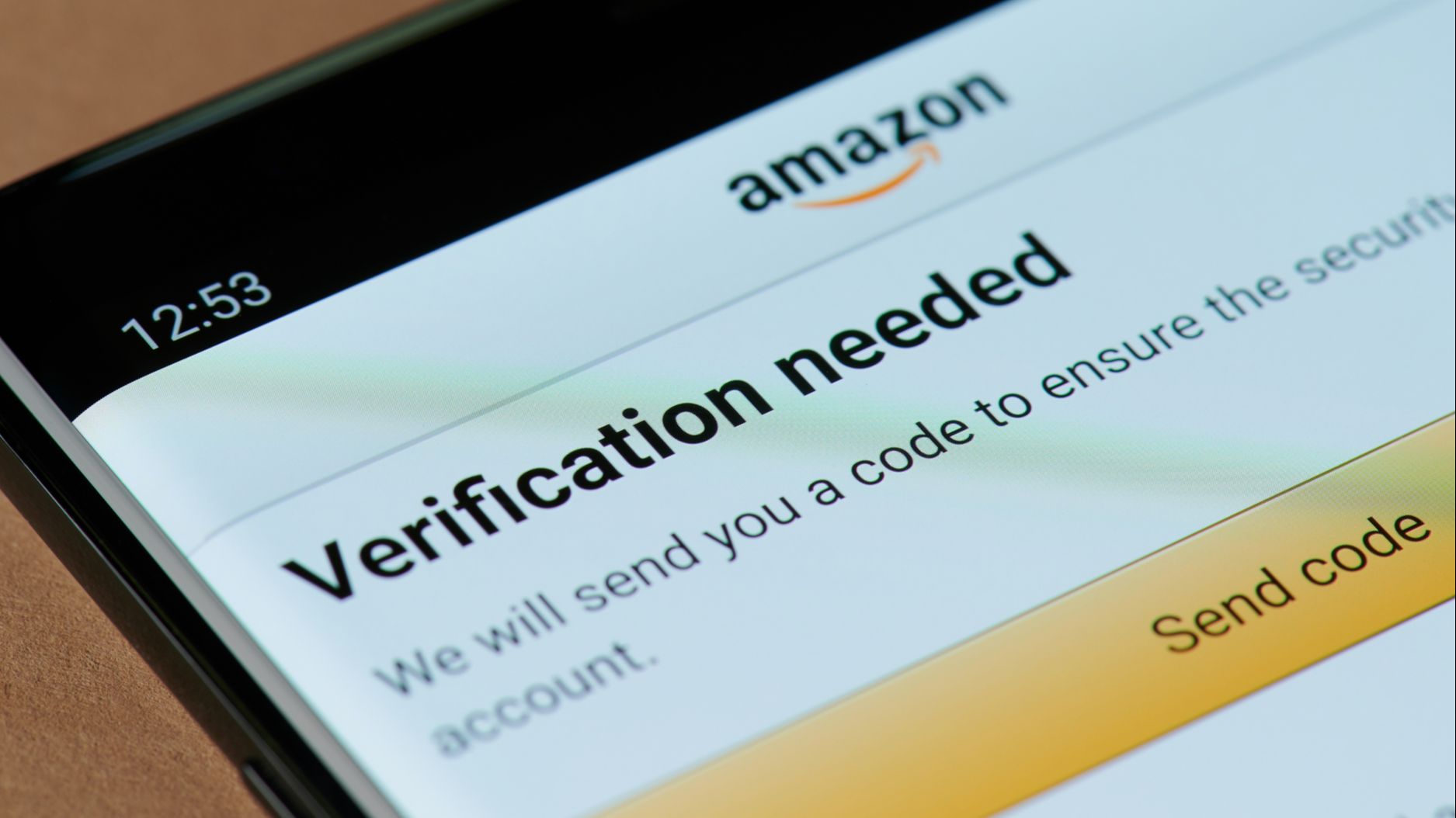FSVP Compliance for Dietary Supplement Importers: What You Need to Know

Importing dietary supplements into the United States requires strict adherence to FDA regulations designed to protect public health. The Foreign Supplier Verification Programs (FSVP) rule requires importers to verify that the food they import meets U.S. safety standards. For dietary supplement importers, understanding these requirements is critical to maintaining compliance and avoiding costly delays or penalties.
Understanding FSVP and Its Purpose
The FSVP regulation, established under the Food Safety Modernization Act (FSMA), fundamentally shifts responsibility to importers to ensure their foreign suppliers meet U.S. safety standards. The rule requires importers to perform certain risk-based activities to verify that food imported into the United States has been produced in a manner that meets applicable U.S. safety standards.
For FSVP purposes, the importer is the U.S. owner or consignee of a food product at the time of import. If there is no U.S. owner or consignee, the importe...
U.S. Tariffs and Their Impact on Dietary Supplement Imports

The dietary supplement industry, a multibillion-dollar market in the United States, has experienced significant ripple effects from shifting U.S. trade policies, particularly tariffs. As tariffs become an increasingly common tool in trade disputes and economic strategy, their impact on the importation of dietary supplements — including vitamins, minerals, amino acids, herbal extracts and nutraceuticals — is reshaping sourcing, pricing and supply chain management across the sector.
Background: The Role of Imports in the Supplement Industry
The U.S. dietary supplement market is highly dependent on global supply chains. While many finished products are manufactured domestically, a large portion of raw materials and ingredients — such as ashwagandha from India, vitamin C from China, and omega-3 oils from Norway — are sourced internationally. Countries like China and India are especially dominant in the supply of active ingredients due to their low production costs and established industr...
Guide to Importing Dietary Supplements

When importing dietary supplements into the United States, importers must comply with the U.S. Food and Drug Administration (FDA) regulations. Specific FDA regulations govern proper labeling, approved ingredients, and more. Taking care to properly file a Prior Notice before the shipment arrives at the port is essential.
Our guide below provides importers with everything they need to know about importing dietary supplements into the U.S.
What are Dietary Supplements?
Dietary supplements are foods that are orally ingested, usually in the form of a pill, tablet, capsule, gummy, liquid concentrate, powders, drinks or energy bars. They are taken to supplement the diet, promote general health and well-being, and affect the structure or function of the human body (like drugs). Dietary supplements must be ingested, so they are never topical creams, ointments, or oral or nasal sprays. The FDA will review how a product is marketed when classifying how to enforce its standards and failing to d...
Importers Issued FDA Warning Letter for FSVP Violations

U.S. Food and Drug Administration (FDA) recently issued multiple Warning Letters to importers for failing to comply with the Foreign Supplier Verification Program (FSVP). This program requires all importers of food and dietary supplements to verify their foreign suppliers compliance with U.S. food safety regulations. If the FDA identifies a shipment in violation of FSVP, then the FDA may issue a Warning Letter to the importer that gives them 15 days to correct the violation. If the violation is not remedied, then the FDA may seize the products, require them to be destroyed or reexported.
Pursuant to FSVP rules, before you ship food or supplements to the U.S. you must have a FSVP plan in place. You are also required to have an FSVP Agent physically located in the U.S. to carry out your FSVP Plan.
In one instance, the FDA cited a California based importer for failure to establish a FSVP Plan and to verify its foreign suppliers, in addition to not knowing the actual identity of the prod...
FDA Issues Warning Letters to Importers for FSVP Violations

U.S. Food and Drug Administration (FDA) recently issued multiple Warning Letters to importers for failing to comply with the Foreign Supplier Verification Program (FSVP). This program requires all importers of food and dietary supplements to verify their foreign suppliers compliance with U.S. food safety regulations. If the FDA identifies a shipment in violation of FSVP, then the FDA may issue a Warning Letter to the importer that gives them 15 days to correct the violation. If the violation is not remedied, then the FDA may seize the products, require them to be destroyed or reexported.
Pursuant to FSVP rules, before you ship food or supplements to the U.S. you must have a FSVP plan in place. You are also required to have an FSVP Agent physically located in the U.S. to carry out your FSVP Plan.
In one instance, the FDA cited a New Jersey based importer of food products from India for failure to establish a FSVP Plan and to verify its foreign suppliers. In another letter, the FDA cit...
Are you verifying your foreign suppliers? FDA continues to crack down

The FDA took action against a food importer who failed to establish procedures to verify food safety standards of their foreign supplier before importing to the US. While investigating a product recall that was associated with to a particular brand of noodles, FDA investigators visited the offices of the U.S.-based importer New India Bazar, Inc. To their surprise they discovered the importer had neglected to meet the FDA’s food safety requirements and failed to develop, maintain and follow an FSVP plan. As a result, the FDA issued the importer a Warning Letter and gave the importer 15 days to respond or face penalties, such as detention of all associated products, refusal to permit the products to enter the US, or other potential criminal penalties.
The Foreign Supplier Verification Program (FSVP) rule was issued by FDA after passage of the Food Safety Modernization Act. The FSVP rule requires food and dietary supplement importers to perform “risk-based activities” to verify that the ...
Navigating Amazon Brand Registry: A Guide to Trademark Registration

Establishing a distinct brand identity is paramount for your food or supplement business success. Among the myriad platforms available to sellers, Amazon stands out as a juggernaut, offering unparalleled reach to millions of customers worldwide. To safeguard your brand and unlock exclusive benefits on this platform, enrolling in Amazon Brand Registry is a wise move. Central to this process is obtaining a trademark—a vital step that solidifies your brand's legal standing and authenticity.
Understanding Amazon Brand Registry
Amazon Brand Registry is a program designed to help brand owners protect their intellectual property and create an enhanced shopping experience for customers. By enrolling in the registry, sellers gain access to powerful tools and features, including advanced brand protection measures, increased control over product listings, and enhanced marketing opportunities.
The Importance of Trademark Registration
At the heart of Amazon Brand Registry lies trademark registr...
Why Using IP Accelerator for Trademark Registration Might Not Be the Best Choice

In the world of e-commerce, protecting your brand is paramount. With the rise of platforms like Amazon, establishing a strong brand identity is not only crucial for success, but also for safeguarding against counterfeiters and unauthorized sellers. Amidst the array of services available to assist in trademark registration, one option that has gained attention is Amazon's IP Accelerator program. While touted as a convenient solution, there are compelling reasons why entrusting your trademark application solely to IP Accelerator firms might not be the wisest choice.
What is IP Accelerator?
Amazon's IP Accelerator is a program designed to connect sellers with a curated network of law firms that specialize in intellectual property (IP) law that sellers can hire to file an application for a trademark on their behalf.
The Pitfalls of Relying Solely on IP Accelerator
While IP Accelerator offers certain conveniences, there are several drawbacks to consider before using this service:
-
...
Trademark for Amazon Brand Registry

In order to be approved for Amazon Brand Registry, sellers must have either a fully-registered or pending trademark with the U.S. Patent and Trademark Office (USPTO). The trademark for your brand must be in the form of a text-based mark (word mark) or an image-based mark with words, letters or numbers (design mark).
Amazon pushes the use of its IP Accelerator program which includes select law firms approved as vendors. However, what Amazon doesn't make clear is that sellers do not need to use the IP Accelerator firms to file for a trademark. In fact, it is a lot cheaper not to.
Many of these firms charge hidden fees that significantly drive up the price after you start working with them. Moreover, IP Accelerator law firms do not get access to expedited trademark filings, there is no such thing. The USPTO processes trademark applications in order which they were received. Additionally, IP Accelerator will not get you early access to Amazon Brand Registry. While this once might have b...
Food Ingredients Must be FDA Approved

Do you have a great idea for a food product? Or maybe you want to import your favorite food from overseas and introduce it to American consumers? If either of these scenarios describe you, congratulations! But before you move forward with your new business venture, you first need to be aware of a few things that govern food in the United States, especially when it comes to ingredients.
All businesses engaged in the manufacturing of foods must ensure that ingredients and substances added to their products are lawful under the laws and regulations administered by the U.S. Food and Drug Administration (“FDA”). Under the Food, Drug and Cosmetic Act (“FDCA”), foods are defined as:
- Articles used for food or drink, such as a apples or soda.
- Chewing gum.
- Articles used for components of those articles, such as food additives.
(21 U.S.C. § 321(f))
Substances added to food must be either:
- FDA-approved food additives, which are substances having an intended use that results in their bec ...

